Gholamreza Takhti was an Iranian freestyle wrestler and varzesh-e bastani (Persian traditional sport) practitioner.
Takhti was not only an athlete but a role model, admired by all Iranians in all aspects of life, and still he is respected by the nation. He was a truly unifying figure for Iranians, so that he became an inspiring character for the artists, as he was a symbol of generosity, positive values, and kindness, which made him remain in the hearts of all Iranians.
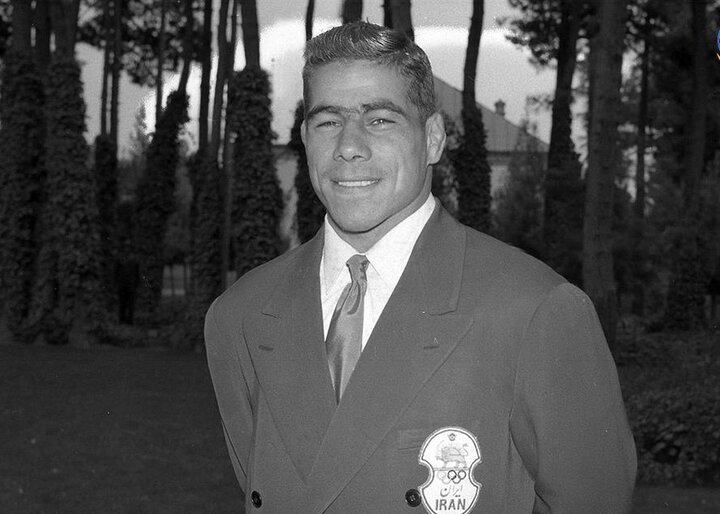
Owing to his good sportsmanship, he has been considered as one of the most beloved athletes of Iran and is given the tile of ‘Jahan Pahlavan’ which means ‘world champion' in the Persian language.Takhti is still a hero to many Iranians. He is listed in the UWW Hall of Fame.
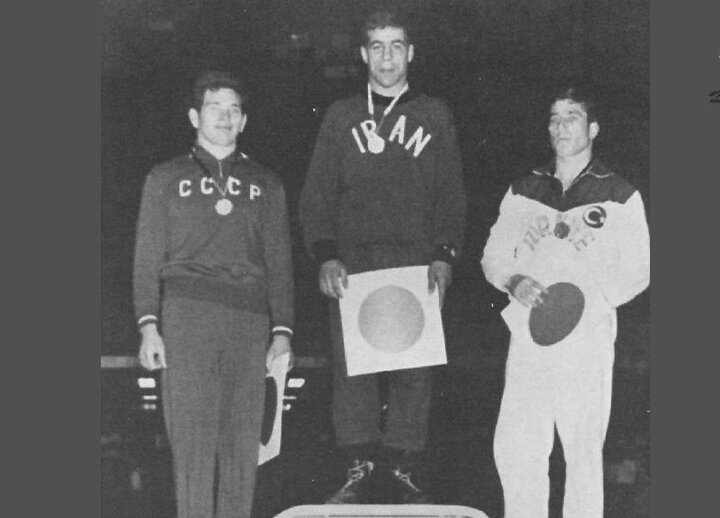
He won his first Iranian championship in 1950 and later in 1951 he took a silver medal at the world freestyle championship in Helsinki, Finland. That was one of the first international medals to be won by Iranian wrestlers.
He was a gold medalist at the 1956 Summer Olympics, 1958 Asian Games, 1959 World Championships, and 1961 World Championships, as well as a three-time Pahlevan of Iran.
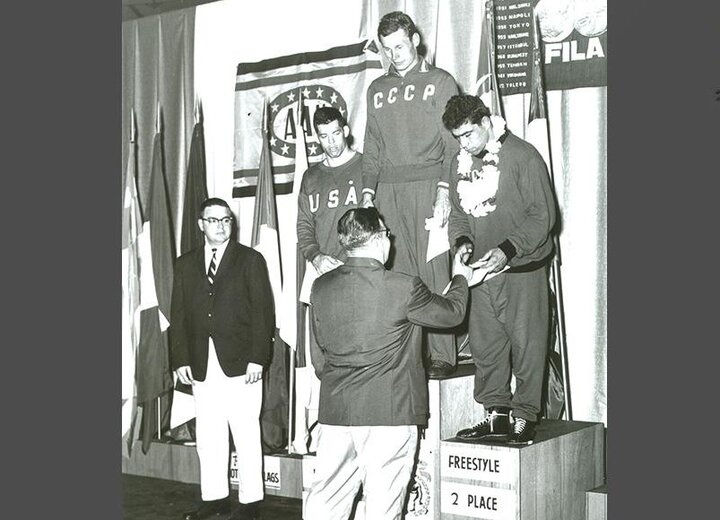
The freestyle wrestler also seized a gold medal in the 1958 Asian Games held in Tokyo, Japan.
He won the gold medal in the 1956 Olympic Games in Melbourne, defeating Boris Kulayev from Soviet Union in the final match.
Takhti also claimed two Olympics silver medals in 1952 Helsinki and 1960 Rome.
He won two World Championships gold medals in 1959 Tehran and 1961 Yokohama.
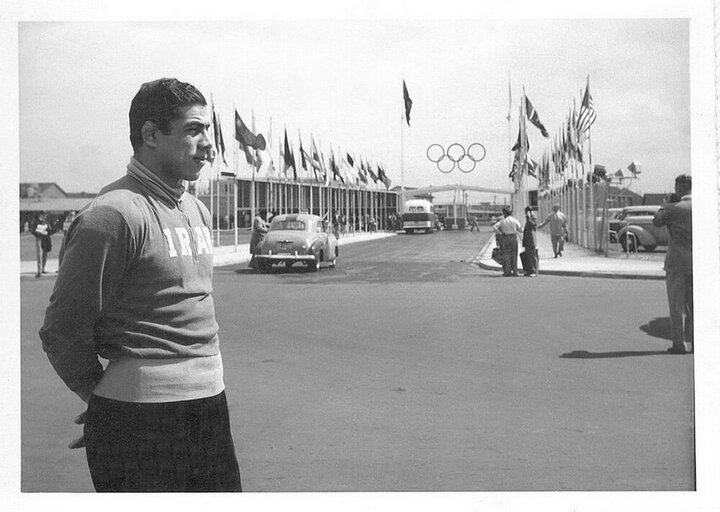
Takhti also bagged several other medals, but that is not the only reason why he is so popular among Iranians. He proved to be a real hero by showing exemplary characteristics such as his endless zeal to help the poor and the needy.
Takhti; most moral wrestler in Iranian history
He is the most famous wrestler in the Iranian history. The legend was known for his chivalry and sportsmanship and continues to symbolize the essence of sports to the Iranian people.
In 1961, a terrible earthquake occurred in Boein Zahra in western Iran, killing 45,000. Takhti was deeply touched by the suffering of the affected people who already lived in a very poor area.
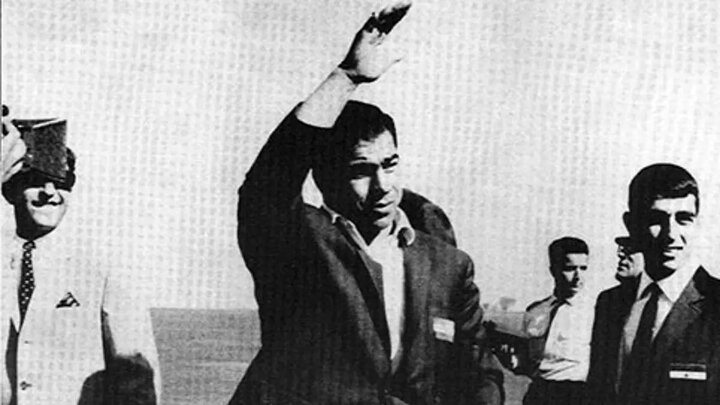
Already one of Iran’s biggest stars, he began to walk one of the main avenues of Tehran, asking for assistance for the victims. He inspired other champions to follow in his footsteps, and thousands gave donations to alleviate the suffering.
Another example of his character comes from a match in Moscow. After defeating the then-world champion Anatoli Albul, Takhti saw the sorrow on the face of Albul’s mother. Takhti went to her and said, “I’m sorry about the result, but your son is a great wrestler.” She smiled and kissed him.
Character and personality
Takhti tended to act fairly when competing against rivals during his career, something which originated from traditional values of Zurkhaneh, a kind of heroic behavior that epitomizes chivalrous qualities known as Javanmardi.
For instance, he once had a match with Soviet wrestler Alexander Medved who had an injured right knee. When Takhti found out that Medved was injured, he avoided touching the injured leg and tried to attack the other leg instead. He lost the match, but showed that he valued honorable behavior more than reaching victory.
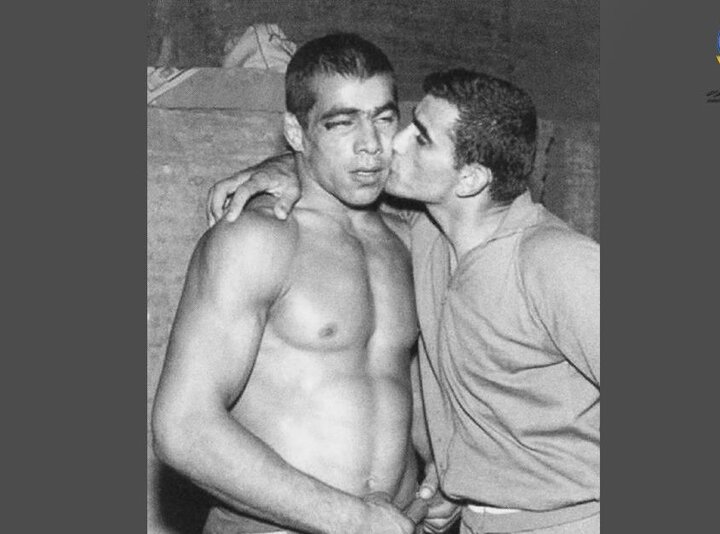
Another example of his character comes from a match in Moscow. After defeating the then-world champion Anatoli Albul, Takhti saw the sorrow on the face of Albul's mother. Takhti went to her and said, "I'm sorry about the result, but your son is a great wrestler." She smiled and kissed him.
Death anniversary of Gholamreza Takhti
Gholam Reza Takhti passed away on January 7, 1968, but his fans still remember him as a hero who will continue to live in the hearts of his lovers.
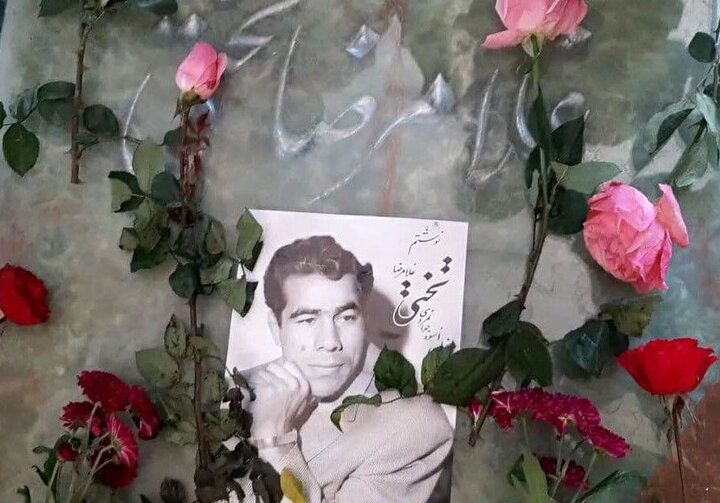
Takhti was laid to rest at Ibn-e Babouyeh cemetery in southern Tehran, near Shahr-e Ray, where he is commemorated every year by Iranians.
Compiled by Marzieh Rahmani


























Your Comment